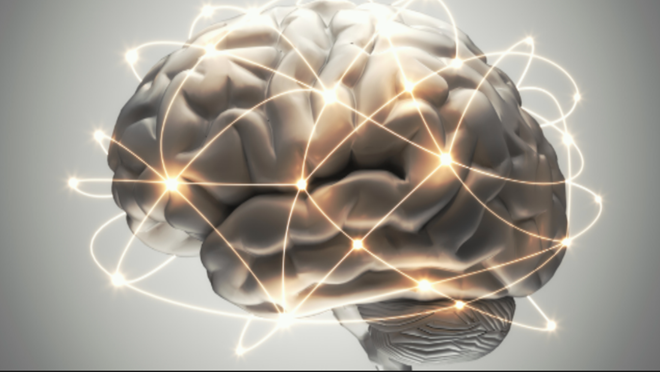Mesenchymal Stem Cells for the Treatment of Neurodegenerative Disease

Every year, approximately 50 million Americans are affected by neurodegenerative diseases. Neurodegenerative disease refers to the degeneration or loss of neurons. This includes several different neurological conditions such as ALS, multiple sclerosis (MS), Alzheimer’s, and degeneration due to injury and aging.
Prevention research is ongoing, and patients do have traditional treatments available to help manage, but many seek alternative options as well. Recent studies into mesenchymal stem cells have explored the possibility of stem cells being used to help manage neurodegenerative conditions and the symptoms
What Are Mesenchymal Stem Cells?
Mesenchymal stem cells, or MSCs, are unique cells in your body. They usually come from bone marrow, adipose fat tissue, or the lining of umbilical cords (Wharton’s Jelly). They can rapidly self-renew and have the ability to turn into many different specialized cells.
Mesenchymal stem cells can be harvested from your own body and administered to targeted areas as needed. Harvesting MSCs from adipose fat tissue is easier to access than bone marrow tissue and has a higher concentration of MSCs. However, MSCs can be harvested from bone marrow aspirate, most commonly from the hip bone.
How Can Mesenchymal Stem Cells Help with Neurodegenerative Diseases?
Everybody is born with mesenchymal stem cells, but as you get older, they decrease in number. This is why it takes longer to recover from injuries as you get older. By administering a boost of MSCs to damaged tissue in your body, you replace the damaged cells with new healthy cells.
Differentiating Abilities
Since MSCs are highly differentiative, they can turn into glial cells. Glial cells provide vital support to neurons and the nervous system. MSCs can also differentiate into other neural cells, making them a possible solution for various neurodegenerative diseases that affect different areas of the body’s nervous system.
“Homing” Abilities
MSCs also have an astonishing homing ability. They can seek out and migrate to damaged cells after being transplanted. Mesenchymal stem cells are also able to remain undetected by the immune system. They can get where they need to be without triggering the body’s attack cells. This makes them a possible delivery system for medicine. Overall, they are a promising option in the field of regenerative medicine to help manage neurodegenerative conditions for patients to explore.
This post was written by a medical professional at Stemedix Inc. At Stemedix we provide access to Regenerative Medicine for multiple sclerosis, also known as stem cell therapy for multiple sclerosis. Regenerative medicine has the natural potential to help improve symptoms sometimes lost from the progression of many conditions.








